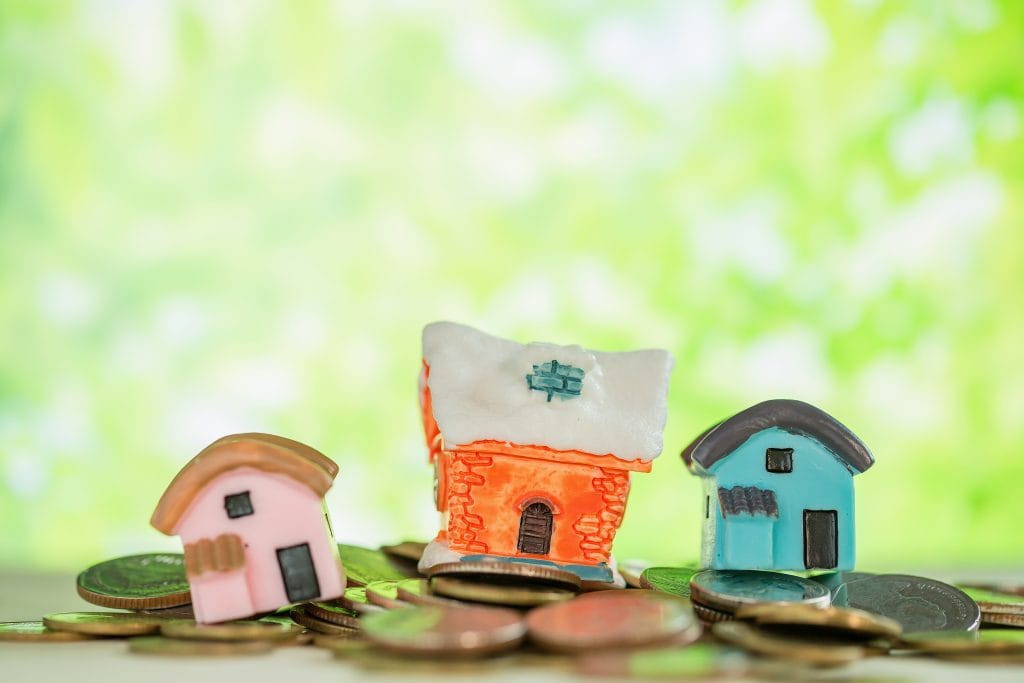In a move towards sustainable energy and financial relief for citizens, the Indian government has launched the PM-Surya Ghar scheme. This initiative aims to provide free electricity to low-income households through solar energy. By harnessing the power of the sun, the government seeks to promote renewable energy while alleviating the burden of electricity costs for the underprivileged. In this blog, we will explore the details of the PM-Surya Ghar scheme, its guidelines, and its potential impact on households across the country.
Understanding the PM-Surya Ghar Scheme
The PM-Surya Ghar scheme is a significant step towards achieving India’s renewable energy goals. The government plans to install solar panels on the rooftops of eligible households, which allows them to generate their electricity. This initiative not only aims to provide free electricity but also encourages the use of solar power, aligning with India’s commitment to increase the share of renewable energy in the national energy mix.
The scheme is designed to empower low-income families by reducing their monthly electricity bills. It addresses the dual challenge of energy access and climate change by promoting clean energy sources. By utilizing solar power, the government hopes to reduce dependence on fossil fuels and lower greenhouse gas emissions.
Key Features of the PM-Surya Ghar Scheme
Eligibility Criteria
To benefit from the PM-Surya Ghar scheme, households must meet specific eligibility criteria. Generally, the scheme targets low-income families, particularly those below the poverty line (BPL). The government will issue guidelines on how to apply and prove eligibility.
Free Solar Panel Installation
Under this scheme, eligible households will receive solar panels installed on their rooftops at no cost. The government will cover all installation expenses, making it easier for families to access clean energy without worrying about upfront costs.
Monthly Electricity Generation
The solar panels installed under the PM-Surya Ghar scheme are expected to generate enough electricity to meet the household’s needs. This means families can enjoy free electricity while contributing to a cleaner environment.
Maintenance Support
To ensure the longevity and efficiency of the solar panels, the government will provide maintenance support. Trained technicians will be available to address any issues that arise, ensuring that households can continue to benefit from the scheme for years to come.
Community Participation
The success of the PM-Surya Ghar scheme also relies on community participation. Local organizations and community leaders will play a crucial role in spreading awareness about the scheme and assisting households in the application process.
Benefits of the PM-Surya Ghar Scheme
Economic Relief
One of the most immediate benefits of the PM-Surya Ghar scheme is the economic relief it offers to low-income families. By providing free electricity, the scheme helps reduce household expenses, allowing families to allocate their limited resources to other essential needs, such as education and healthcare.
Energy Security
The scheme enhances energy security by empowering families to generate their own electricity. This reduces reliance on the conventional power grid, which can be unreliable in many rural areas. Households can enjoy an uninterrupted electricity supply, improving their quality of life.
Environmental Impact
By promoting the use of renewable energy, the Scheme significantly contributes to environmental sustainability. Solar power is a clean energy source that helps reduce carbon emissions, addressing the pressing issue of climate change. The more households that utilize solar energy, the greater the positive impact on the environment.
Job Creation
The implementation of the Scheme will also create job opportunities in various sectors. From installation and maintenance of solar panels to community outreach and education, the scheme will stimulate local economies and provide employment to many.
Implementation Challenges
While the Scheme has the potential to bring about significant positive change, there are challenges that must be addressed.
Awareness and Accessibility
Many eligible households may not be aware of the scheme or how to apply for it. Effective outreach and communication strategies will be essential to ensure that information reaches those who need it most.
Infrastructure Requirements
In some areas, the existing infrastructure may not be suitable for solar panel installation. Upgrading the grid and ensuring proper maintenance will be necessary to support the smooth functioning of the scheme.
Technological Barriers
Some households may lack the technical know-how to operate and maintain solar systems. Providing training and support will be crucial to overcoming this barrier.
The Road Ahead
The PM-Surya Ghar scheme represents a transformative initiative that aligns with India’s vision for a sustainable and equitable future. By harnessing the power of solar energy, the government is taking significant steps toward achieving its renewable energy targets while also supporting vulnerable communities.
As the scheme rolls out, it will be essential to monitor its progress and address any challenges that arise. Engaging with communities and gathering feedback will be vital to ensuring that the scheme meets its objectives effectively.
Conclusion
The launch of the PM-Surya Ghar scheme is a promising development in India’s journey toward renewable energy and social equity. By providing free electricity to low-income households, the government is not only improving living standards but also promoting a cleaner environment. With effective implementation and community participation, the PM-Surya Ghar scheme has the potential to make a significant impact on the lives of many, paving the way for a sustainable and brighter future for all.





